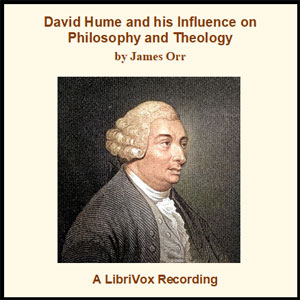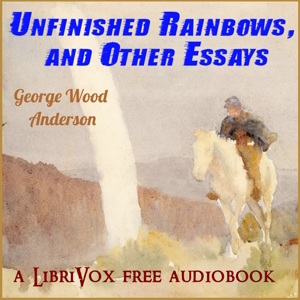Description
By: George Bernard Shaw
Candida is a thought-provoking play by George Bernard Shaw that explores love, marriage, and societal expectations. The characters are deeply complex and engaging, with their own desires and motivations that drive the plot forward. Shaw’s writing is sharp and witty, blending humor with profound insights about human nature.
The play delves into themes of gender roles, power dynamics, and the nature of love. Candida, the title character, is a strong and independent woman who defies conventions and challenges traditional gender norms. Through her interactions with her husband, Reverend James Morell, and the young poet Eugene Marchbanks, Shaw offers a nuanced exploration of relationships and the complexities of the human heart.
Overall, Candida is a fascinating and insightful play that offers a fresh perspective on love and marriage. Shaw’s clever dialogue and astute observations make for a compelling read that will leave readers pondering the nature of relationships long after they have finished the book.
Book Description:
Candida, a comedy by playwright George Bernard Shaw, was first published in 1898, as part of his Plays Pleasant. The central characters are clergyman James Morell, his wife Candida and a youthful poet, Eugene Marchbanks, who tries to win Candida’s affections. The play questions Victorian notions of love and marriage, asking what a woman really desires from her husband. The cleric is a Fabian Socialist, allowing Shaw—himself a Fabian—to weave political issues, current at the time, into the story.











